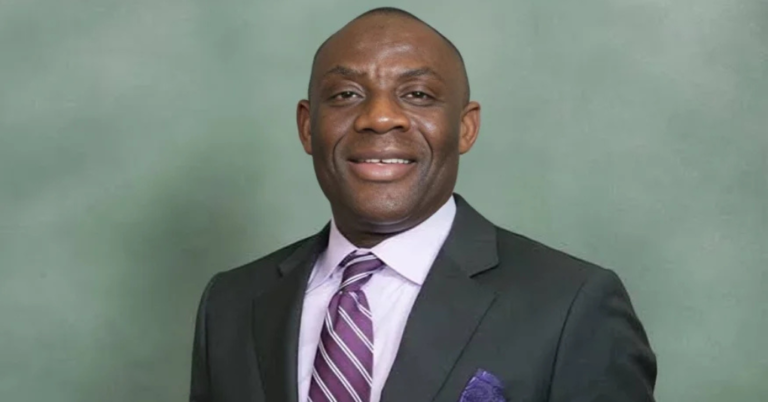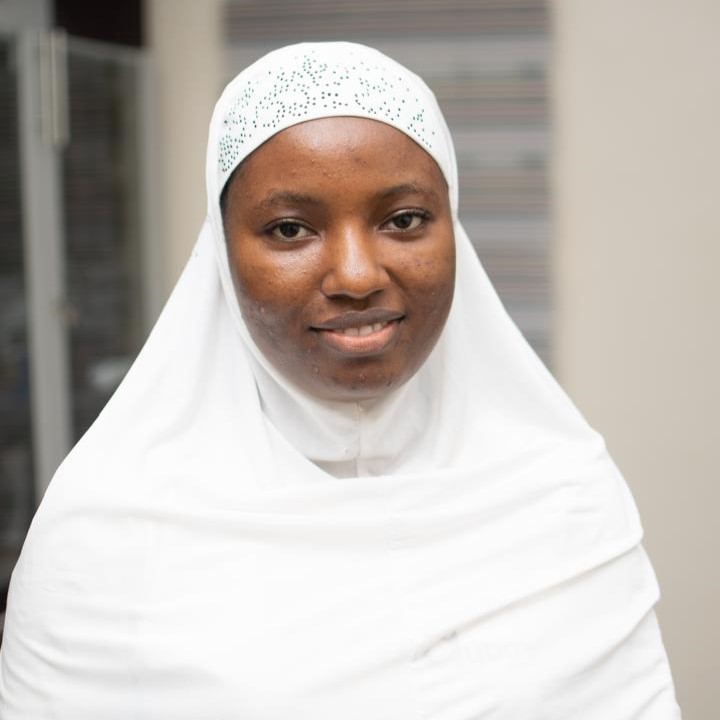The proposed introduction of a 12-year basic education model by the Federal Government has sparked reactions from stakeholders.
While some stakeholders question its feasibility, some argue that the reform could significantly enhance access to learning, reduce dropout rates, and equip students with essential skills for an evolving workforce.
The Minister of Education, Tunji Alausa, presented the proposal at an extraordinary National Council on Education (NCE) meeting held on 6 February in Abuja.
The meeting was attended by education commissioners from the 36 states and the FCT, alongside representatives from Ministries, Departments, Agencies (MDAs), and development partners.
According to Dr Alausa, the proposed 12-year model aims to reform Nigeria’s education system to align with global standards while addressing the high dropout rate by removing financial and systemic barriers.
Nigeria currently operates the 6–3–3–4 education system, which requires that a child spends six years in primary school, three years in junior secondary school (JSS), three years in senior secondary school (SSS), and four years in a tertiary institution.
Dr Alausa explained that the government is seeking approval from the NCE to set 16 as the minimum entry age for tertiary institutions, noting that subsuming secondary education under basic education would provide uninterrupted learning until students turn 16.
This reform, he noted, would standardise the curriculum and introduce early vocational training to better prepare students for higher education and employment opportunities.
Alausa maintained that if adopted, the policy is expected to foster economic and social development by equipping young people with relevant skills and reducing child labour.
JSS, SSS not scrapped, FG explains
Following media reports claiming that Junior Secondary School (JSS) and Senior Secondary School (SSS) had been scrapped and replaced with a new 12-year uninterrupted basic education model, the Federal Government has debunked the information as false.
In a rejoinder issued by the Federal Ministry of Education, the reports were described as untrue and misleading.
Signed by the Ministry’s Director of Press and Public Relations, Boriowo Folasade, the statement clarified that the Minister of Education had merely proposed a transition to 12 years of compulsory education while retaining the existing 6-3-3 structure.
The proposal seeks to remove the examination barrier between JSS and SSS, enabling students to transition seamlessly without facing external assessments at that stage.
While emphasising that this is not an immediate policy change, the ministry disclosed that extensive stakeholder engagements will be conducted over the next eight months. These consultations will involve education policymakers, state governments, teachers, parents, and other key stakeholders.
The final decision on whether to adopt this reform will be made at the October 2025 National Council on Education Meeting,” the ministry noted, urging the public to disregard the false claims that JSS and SSS have been scrapped.
According to the statement, the final decision on whether to adopt this reform will be made at the October NCE meeting. The ministry urged the public to disregard the false claims regarding the scrapping of JSS and SSS.
Experts speak
The Ogun State Education Ambassador and 2nd Runner-up for Best Teacher in Nigeria 2023, Kayode Adewale, has commended the proposed education reform.
Speaking to DevReporting, Dr Adewale highlighted that the reform would bridge the gap between JSS and SSS, fostering a more structured curriculum that aligns with global standards.
“One of the major challenges in our current system is the high dropout rate after JSS3. By ensuring an uninterrupted 12-year basic education, more students will remain in school, leading to higher literacy rates and better educational outcomes.
“The transition from JSS3 to SSS1 is a major dropout point due to financial constraints and transition exams. Eliminating this examination barrier will help retain more students in school, reducing the education gap and fostering higher literacy levels.
“By integrating vocational training into the curriculum, students will graduate with practical skills, making them more employable and better prepared for entrepreneurship. This will help tackle youth unemployment and underemployment,” he noted.
However, the expert emphasised that for the reform to succeed, the government must invest in teacher training, improved school facilities, digital tools, and modern learning resources.
Adewale, a top 50 finalist of the GEMS Global Teacher Prize and a Fulbright TEA Fellow, shared insights from his experience studying education systems in the United States.
“During my Fulbright Teaching Excellence and Achievement (TEA) programme in the US in 2023, I observed that American schools do not have transition exams between middle and high school. This reduces dropout rates and ensures a continuous learning process with stronger academic and career guidance,” he noted.
He recalled that Nigeria had a similar model in the past, which, if reintroduced and properly executed, could bridge existing learning gaps and provide students with a more structured educational path.
Additionally, the expert highlighted the importance of involving teachers in shaping education policies. “One key observation from my Fulbright TEA experience is that teachers actively participate in policy discussions and educational board meetings. Nigeria must adopt this inclusive approach to ensure that policies reflect classroom realities,” he explained.
Similarly, an educationist, Collins Ojiehanor noted that if implemented effectively, the reform could transform Nigerian education by fostering a well-rounded learning environment that equips students with essential skills for future success.
By integrating basic and secondary education, Ojiehanor expressed that the government could reduce the barriers students face when transitioning from junior to senior secondary school, thereby lowering dropout rates.
“Many developed countries already operate on 12 uninterrupted years of basic education before tertiary education. This reform could help Nigerian students better align with global practices,” he remarked.
However, he stressed that the success of the reform depends largely on proper execution, adequate funding, and a strong commitment to capacity building for educators.
Also lending her voice, a parent of two children at Miracheal Montessori School, Mrs Abiodun Bolanle expressed mixed feelings about the proposed policy.
On one hand, she appreciated the government’s efforts to align the nation’s education system with global best practices and provide uninterrupted learning for students up to the age of 16.
On the other hand, she voiced concerns about the implementation process and potential challenges. “For instance, will our schools be adequately equipped to handle the extended basic education cycle? Will teachers receive the necessary training and support to adapt to the new system? How will this change affect the quality of education, particularly in rural areas where resources are already scarce?”
“I am also worried about the potential impact on students who may not be ready for higher education after completing the 12-year basic education cycle. Will there be alternative paths or vocational training programmes available for them?”
She appealed to the government to ensure that the education system is equipped to support the needs of all students.
Meanwhile, public analyst Mohammed Abdullahi dismissed the proposed reform as unremarkable.
To him, the proposal is merely another instance of government docking and diving. “The 6-3-3-4 and 12-4 systems are essentially the same rhetoric configured in different numerals,” he said.
According to him, education reform goes beyond mere changes in numerical structures. He emphasised that the government must rise to the occasion by providing all the essential resources for education and prosecuting erring parents.
“In the previous system, where the first six years of basic education were said to be compulsory and free, Nigeria still had over 20 million out-of-school children. So, if the proposed 12 years, which is even more extensive, becomes free as well, will it solve the existing problem of this humongous number of out-of-school children? I doubt it.
“I don’t see anything wrong with the former system or the proposed reform because they essentially sound the same on paper, with only cosmetic changes,” he remarked.
He further questioned, “How will the government implement the policy to ensure that we have almost zero school-age children wandering the streets during school hours? Beyond merely adjusting the numerical framework, the government must ensure the provision of essential resources, including teacher training, and take steps to prosecute parents who fail to comply,” he suggested.
Abdullahi also urged parents to prioritise their children’s education to complement the government’s efforts.
The Federal Ministry of Education has made known that the final decision on the proposed reform will be made at the October NCE meeting. NCE is a body in Nigeria that makes decisions about the country’s education system.



